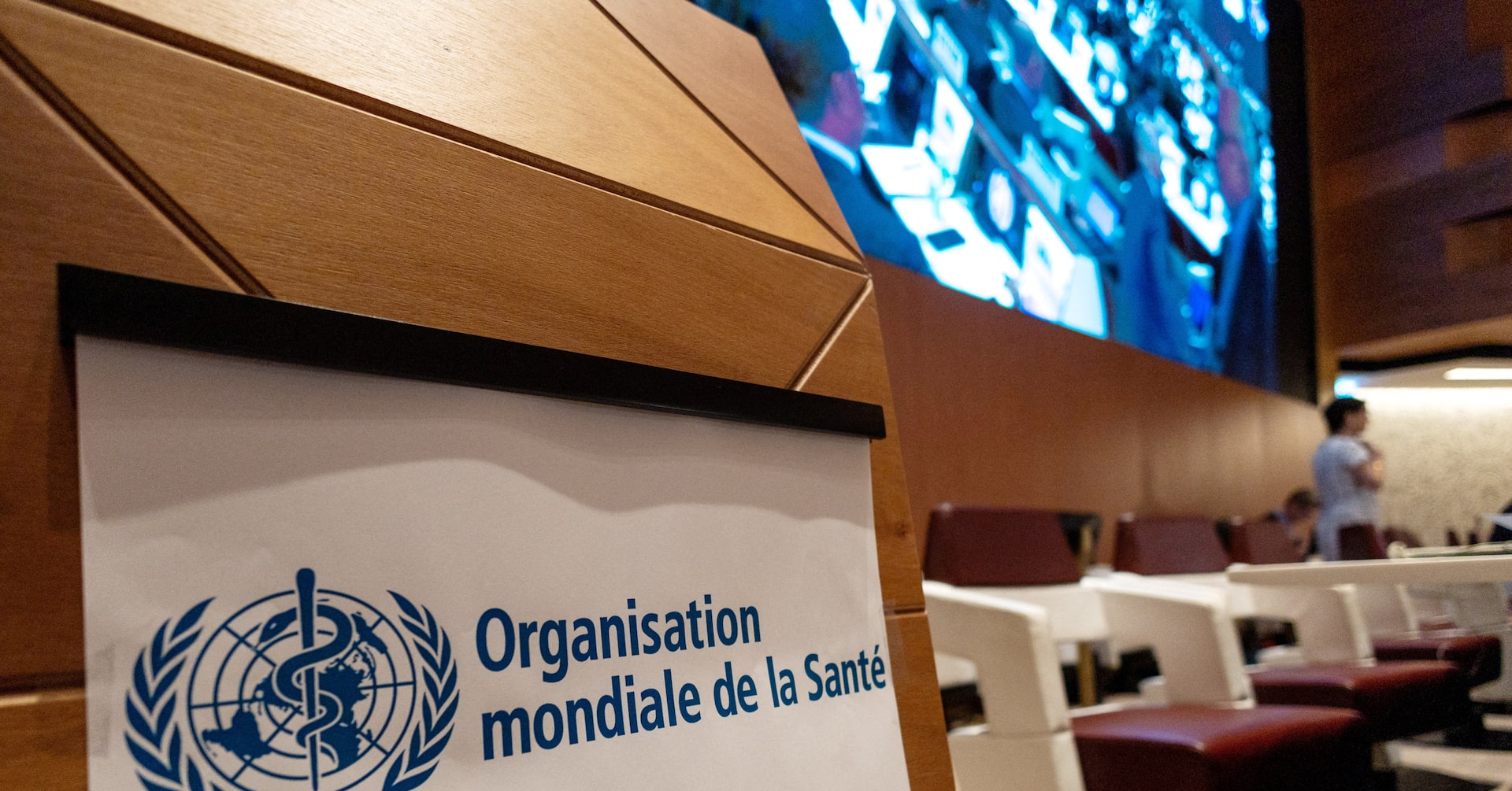Breaking: US Announces Dramatic Exit from WHO, Sets Global Health Stage Ablaze in 2026

In a dramatic move that signals growing tensions in global health diplomacy, the United States is set to withdraw from the World Health Organization (WHO) on January 22, 2026. The United Nations confirmed the withdrawal on Thursday, following a formal notification from President Donald Trump.
Trump's decision stems from sharp criticisms of the WHO's handling of the COVID-19 pandemic and what he perceives as systemic failures in managing international health emergencies. The unprecedented step reflects mounting frustration with the organization's response and transparency during recent global health challenges.
The impending departure marks a significant shift in international health cooperation, potentially reshaping global disease response and public health strategies. Critics and supporters alike are closely watching the implications of this decision, which could have far-reaching consequences for global health governance.
As the countdown to withdrawal begins, questions linger about how this move will impact global health initiatives, pandemic preparedness, and international collaboration in addressing future health crises.
